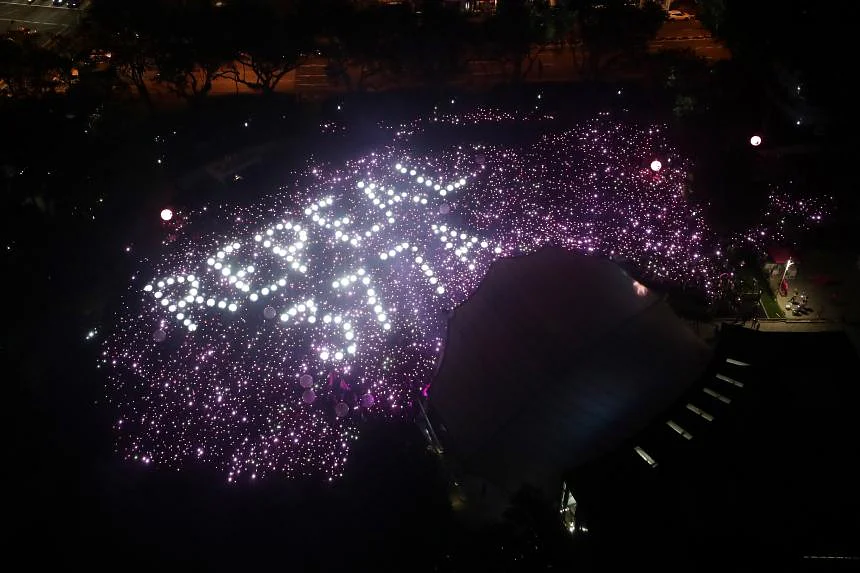[28 October 2009]
SMU establishes new Behavioural Sciences Institute
The new Institute will champion empirical research that transcends disciplinary boundaries, in understanding the complexity of human behaviour in contemporary contexts with impact on organisational practices and public policies.
Singapore, 28 October 2009 (Wednesday) – The Singapore Management University (SMU) has set up a new Behavioural Sciences Institute (BSI), a multi-disciplinary research institute for creating, disseminating and applying scientific knowledge about human behaviours in various social, organisational and cultural settings. The BSI will operate in a collaborative manner by bringing academia, business and government to work together to better understand human behaviours and adopt evidence-based approaches to develop effective organisational practices and public policies with the view to enhancing performance and well-being at the individual, organisational and societal levels.
The BSI will place its focus on the following six areas: (1) Quality of Life and Well-Being, (2) Culture and Behaviour, (3) Thinking and Decision Making, (4) Work Behaviours, (5) Methods in Behavioural Sciences, and (6) Public Policy and Behaviour. The specific content areas are distinct but inter-related and integrated under the unifying approaches of the behavioural sciences. Multiple complementary research methods will be used by the Institute, including experimental design and laboratory-based methods, computational simulations, scenario planning and risk assessment methods, scientific surveys and longitudinal tracking of perceptions, attitudes, behaviours, and objective information, standardised testing, structured interviews, focus group discussions, assessment centres, archival data analysis and observational methods, so as to provide reliability and convergent validity to the conclusions drawn. The Institute will conduct and fund research, organise national and international conferences, offer training programmes and provide consultancy services. It will also develop a repository of important data and information for academic and applied policy and business use, and establish relevant national and organisational indices in relevant domains such as a Well-Being Index to monitor the pulse of different groups of employees, citizens or foreigners. A network of thought leadership including researchers and business and public sector leaders will be formed to apply research findings and share best behavioural practices.
Professor David Chan, Deputy Provost of SMU, has been appointed Director of the Institute. The BSI will draw on the diverse expertise from the different schools and research centres at SMU; this cross-disciplinary approach will involve researchers from various disciplines relevant to different aspects of behavioural sciences such as psychology, organisational behaviour, human resources, marketing, management, sociology, political science, policy studies, Asian studies, economics, finance, accounting, information systems and law. Consistent with its collaborative and international characteristics, the Institute will also engage associated scientists from outside Singapore including leading scholars from the United States, Europe, and Asia.
Said Professor David Chan: “We need to think outside the disciplinary boxes when dealing with issues of human behaviours. By working with top researchers from different disciplines, both locally and internationally, the BSI will provide leadership in addressing critical issues from a multi-disciplinary perspective. For example, by drawing on diverse expertise from psychology, economics and finance, the Institute will conduct research, provide training and offer advice in behavioural economics and behavioural finance, which are emerging multi-disciplinary studies of how humans make judgments and decisions in economic and financial contexts.”
“As another example, the Institute will draw on diverse expertise from psychology, economics, sociology, policy studies, Asian studies, and organisational behaviour to study how organisations and governments could enhance the well-being of individuals through best organisational practices and effective public policies. The BSI at SMU will play a significant role in contributing to Singapore 's position as a knowledge capital,” added Professor Chan.
The Institute is funded with an initial start-up budget of $1 million from SMU, and it aims to raise several million dollars from the public and private sectors to help fund its various research programmes and industry outreach activities. More details of the Institute will be provided when it is officially launched next year.
